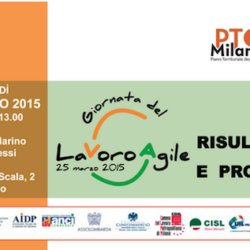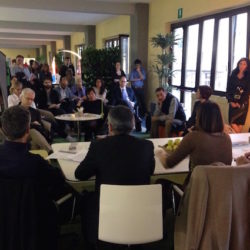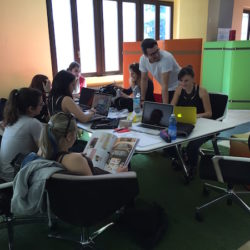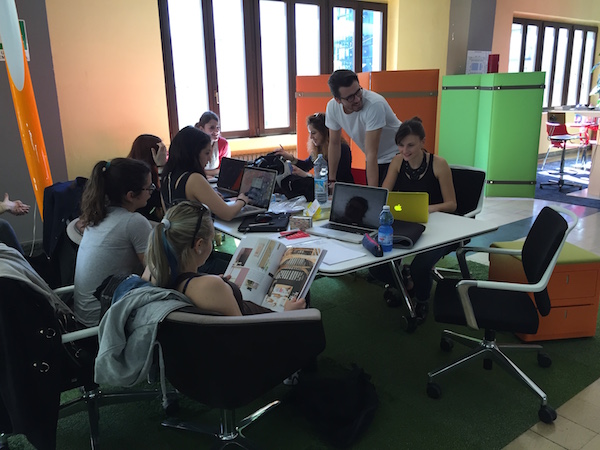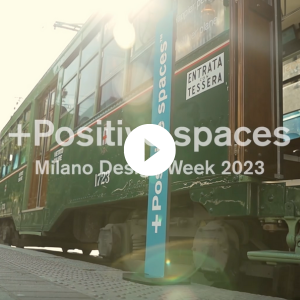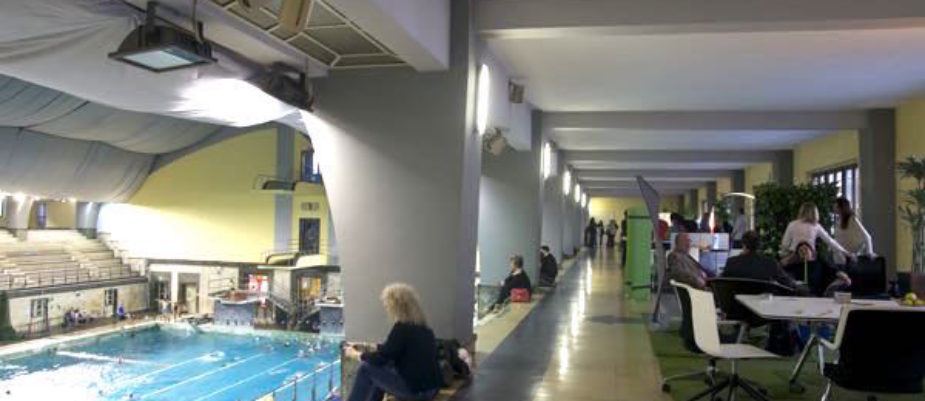
How important is the smart working in a big city like Milan? The results and the prospects of the Agile Working Day 2015, an event that saw Wow! Webmagazine on the front line, were presented the last 15th June. The Agile Working Day 2015 represented a successful experiment, a chance to spread the culture of the new way of working that will be replayed in 2016.
The second edition of the “Giornata del lavoro agile” (Agile Working Day), that took place the 25th of March, was a great chance for companies and the public administration of Milan and surroundings to experiment a day in which their employees would have had the opportunity of working wherever they liked, according to the smart working idea.
In that week WOW! Webmagazine organized the WOW! Island Agile Working, a space that made possible to move the workplace directly above a swimming pool and that became one of the main point of the event, with several jelly sessions and experts.
The official results, presented by Marco Mareggi, consultant of the local timetable plan commision, together with different professionals, have confirmed the participation of 149 public authorities and private companies, 61 of which were new, and of 8.175 employees, 63% of which had an experience of agile working for the first time.
It was registered a higher number of small companies with less than 100 employees (from 40 of the 2014 to 82 of this year), and of medium-size companies (from 21 to 30). On the other hand, the number of the big companies, with more than 1000 employees, decreased (from 31 to 24). A significant step forward was made by the public authorities, where applying the smart working’s concepts is made difficult by the lack of specific laws (from 2 to 11).
Thanks to the 1.704 online forms filled in by the employee who joined the Agile Working Day 2015, it was possible to draw a profile of the average “smart worker”.
He is over 40 (32% more than in 2014) and he usually lives just outside of the city where he works and daily moves (49%). The Agile Working Days 2015 allowed to save almost 3.000 hours of life, 108 minutes per worker, a time that was used mostly for personal care activities or with the family.
The 85% of the participants decided to work from home, saving also 170.000 km overall (+13%), allowing a desynchronization of the traffic, a very important breakthrough for a big city like Milan. Less people, though, had the chance to have a flexible working time management (-9%).
The main benefit, the workers has pointed out, are money saving, stress reduction, more time for their families and higher productivity.
The downsides where pointed out just by the 3% of the survey, which have found some criticality in inadequate instruments, in the difficulty of organizing the job, and in a lack of human relationships.
Smart working is nowadays an important way to build a sustainable social and environmental transformation, a great support for urban mobility and a well-being centered society.
How are the italian companies interpreting the concept of agile working?
The studies presented by Simona Cuomo of the Bocconi University highlights the fact that the majority of the companies are nowadays doing gradual steps in approaching the agile working, trying to change the bias that links it to ways of working that are considered less productive, like part-time and teleworking.
Companies are trying to find halfway solutions: they give one or two days per week or per month where the agile working is allowed, most of them still work on a clocking in concept, lowering the clocking in times, allowing a more flexible working time and keeping the offices open longer.
Most of these changes are in an experimental stage and hasn’t become formally established yet: first steps towards a new long-term structure.
Testo di Gabriele Masi.

